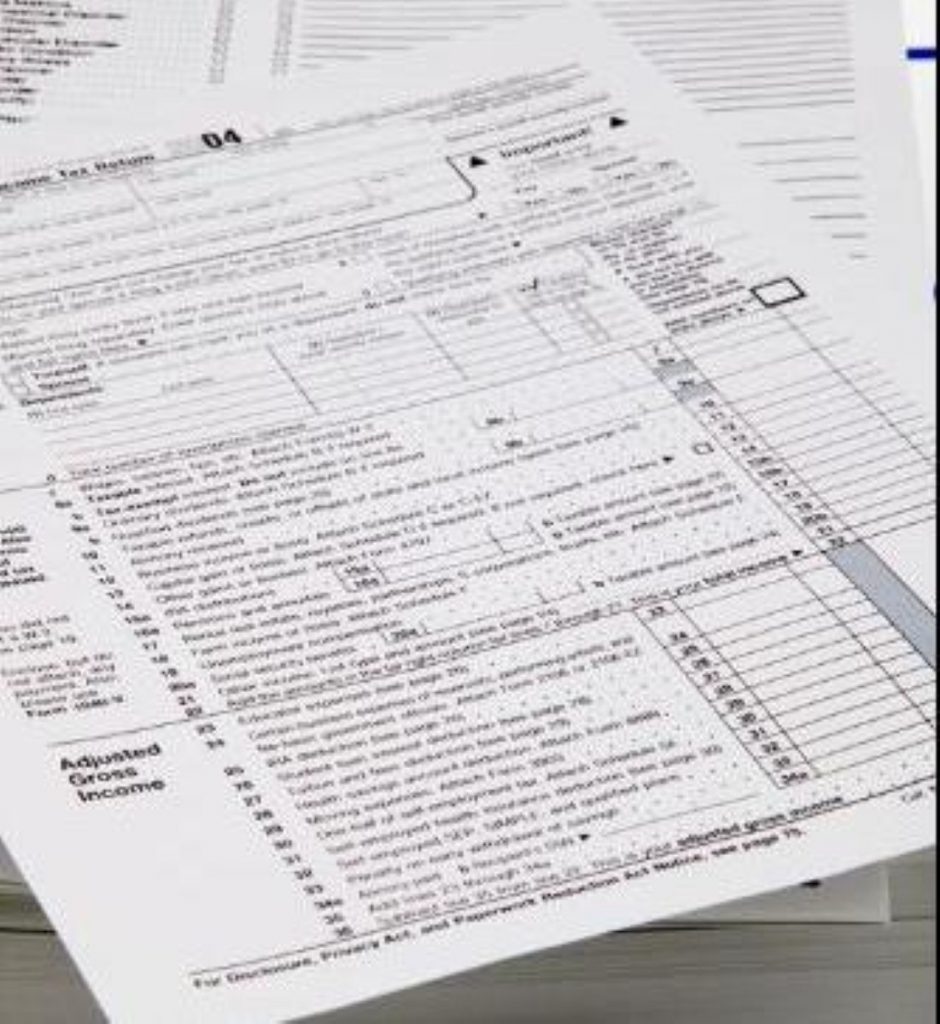Jail terms promised for selling personal data
People who buy and sell personal information could be jailed for up to two years, under government proposals aimed at clamping down on the trade.
Despite opposition from newspapers, the lord chancellor yesterday announced he had accepted recommendations to take a tougher line on those trading in personal data.
“We are determined to do all we can to stamp out this intrusive and illegal trade. People have a right to have their privacy protected from those who would deliberately misuse it,” Lord Falconer said.
Last May, the information commission, Richard Thomas, called for urgent action to tackle the “pervasive and widespread industry” of buying and selling everything from ex-directory telephone numbers to bank details.


He warned that as the government sets up more databases of personal information, whether for the new NHS computer system or for the identity cards scheme, it must ensure that the penalties for abusing such data are a sufficient deterrent.
Currently, the Data Protection Act says that people abusing personal data – which include everyone from divorce lawyers, private detectives and journalists – can get a fine up to £5,000 for minor offences, or an unlimited fine in the most serious cases.
The proposals put by Lord Falconer yesterday, which follow a three-month consultation, would allow magistrates to impose a six-month jail term for minor breaches and offenders in the most serious crimes could be sentenced to up to two years.
“I believe the introduction of custodial penalties will be an effective deterrent to those who seek to procure or wilfully abuse personal data,” the lord chancellor said.
“Greater data-sharing within the public sector has the potential to be hugely beneficial to the public and is wholly compatible with proper respect for individuals’ privacy.
“One of the essential ways of maintaining that compatibility is to ensure the security and integrity of personal data once it has been shared.”
Newspapers had argued that tough sentences would hamper free speech, and also raised concerns that there was no guarantee the courts would agree with journalists on what was in the “public interest”, and therefore justified breaching data protection laws.









